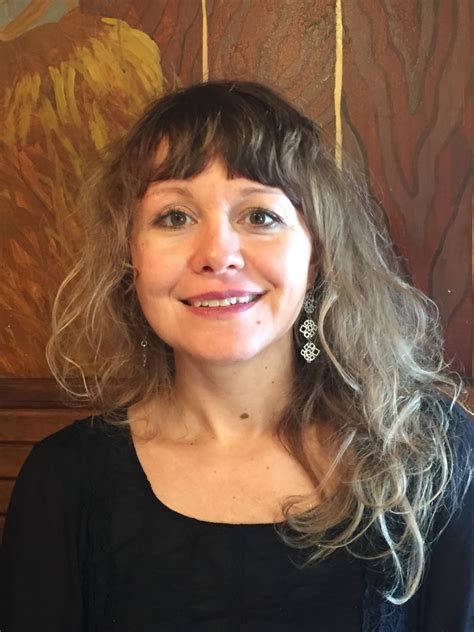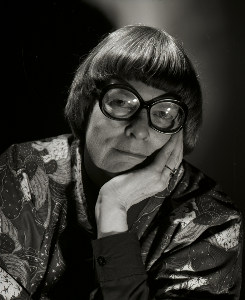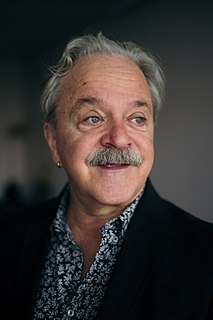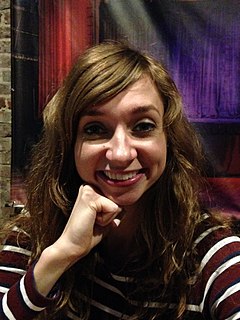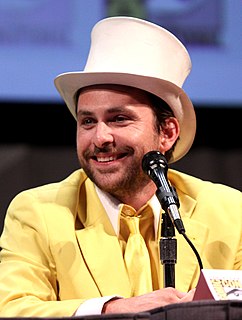A Quote by Danzy Senna
I find myself speaking through the other characters, putting ideas in their voices and heads. Writing almost becomes a splitting of myself into multiple personalities. But I don't write to make an argument on behalf of any of the characters, or to prove anything about a character. I think that's important that I be serving the story first and not my own point of view.
Related Quotes
For almost every character I've played in the 43 years I've been working as a professional actor, I've found parts of myself. We are all bipolar in the tiniest essence of what it is. We are all multiple personalities, in a sense, and to be healthy mentally, I think, learning what those multiple personalities are and inviting them in your life is really important.
I don't know if make a conscious effort to vary the characters and subjects that I write about, but I do find myself keeping track of ideas that come along, as probably most writers do, and whatever seems most interesting to me when I flip through my notes before I begin a new story is usually what I will try to write about next.
I think that I write much more naturally about characters in solitude than characters interacting with others. My natural inclination - and one that I've learned to push against - is to give primacy to a character's interior world. Over the three books that I've written, I've had to teach myself that not every feeling needs to be described and that often the most impactful writing more elegantly evokes those unnamed feelings through the way characters speak and behave.
I think at some level, it's just alchemy that we, as writers, can't explain when we write the characters. I don't set out to create the characters - they're not, to me, collections of quirks that I can put together. I discover the characters, instead. I usually go through a standard set of interview questions with the character in the beginning and ask the vital stuff: What's important to you? What do you love? Hate? Fear? .. and then I know where to start. But the characters just grow on their own, at a certain point. And start surprising me.
When you are writing, you have to love all your characters. If you're writing something from a minor character's point of view, you really need to stop and say the purpose of this character isn't to be somebody's sidekick or to come in and put the horse in the stable. The purpose of this character is you're getting a little window into that character's life and that character's day. You have to write them as if they're not a minor character, because they do have their own things going on.
I remember how surprised I was when my first novel was about to be published and I was informed that I could be sued for anything any one of my characters said. 'But I often don't agree with what they say,' I protested. The lawyer was not interested in the clear distinction I make between my own voice and the voices of my characters. Neither, I have found, are many of my readers.
You have to go as hard as you possibly can, or it's going to be weak. Whenever I find myself not committing fully to a character, it's not as funny. It doesn't have that clear point of view, and you find yourself wandering all over the place, whereas committed characters make strong choices that are clear to the audience.



